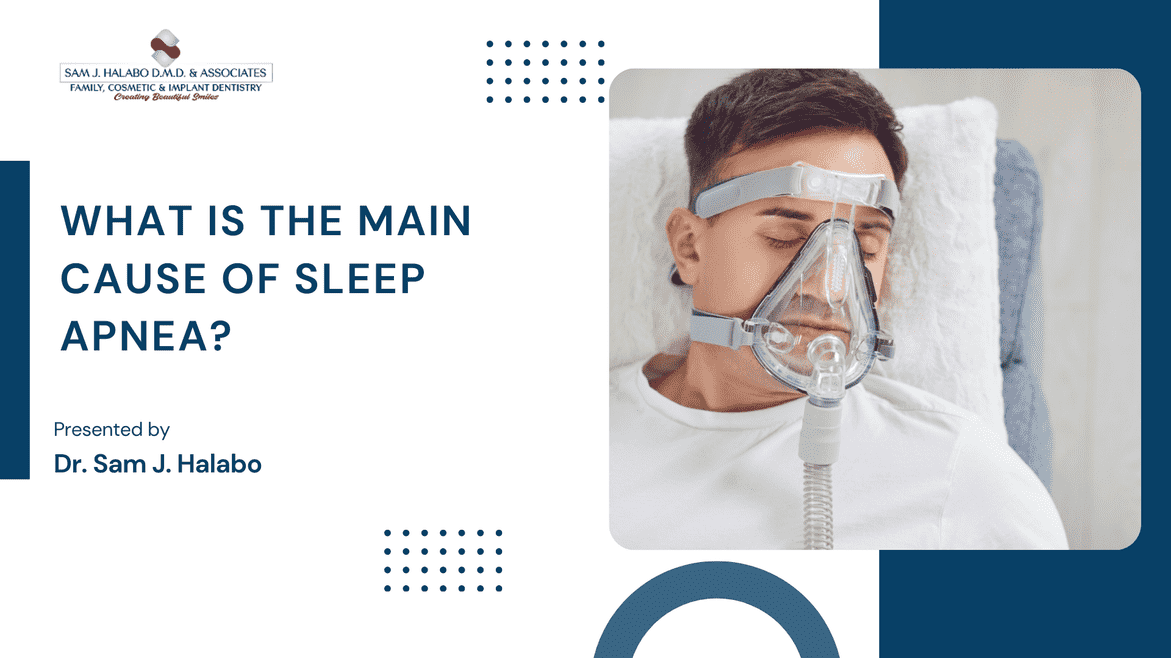Sleep apnea is a condition where a person’s breathing stops and starts repeatedly during sleep. It often leads to loud snoring, gasping for air, and poor-quality rest. Many people do not know they have it until a partner notices.
While there are different factors behind sleep apnea, learning the main causes helps you take action early.
If you are looking for care, sleep apnea treatment in Chula Vista can provide safe and effective solutions for better sleep.
How Can a Dentist in Chula Vista Help with Sleep Apnea?
A Dentist in Chula Vista has a significant Impact on Sleep Apnea. If not caught early on, some people with sleep apnea may end up suffering as they get older. A dentist would use oral appliances to keep your airway open when you sleep.
Since these gadgets are so small and, hence, easier to use at night, they’re easier to carry too – especially when travelling. Moreover, a dentist will even examine your jaw, tongue, and airway to see how they might be affecting your breathing.
Can a Dentist Near You Spot Early Signs of Sleep Apnea?
Yes, a local dentist near you can identify signs of sleep apnea during a regular exam. They may notice teething grinding, misalignment of the jaw, or a narrow airway.
The signs can lead to an early diagnosis and keep serious health problems like high blood pressure, stroke, or any kind of heart disease away.
What Are the Common Symptoms of Sleep Apnea?
Understanding the signs can help you receive care earlier. Common sleep apnea symptoms include:
- Loud, regular snoring
- Gasping or choking during sleep
- Breathing pauses noticed by others
- Morning headaches
- Daytime tiredness
- Trouble focusing
These signs not only interrupt your sleep but can also disrupt your daily routine. If left unchecked, they can lead to chronic health problems.
How Are Genetics and Sleep Apnea Linked?
Studies have found a strong genetic basis for sleep apnea. If your family has a history of snoring, small jaws, or narrow airways, you might be at risk, too. Your airway may be formed in such a way that it’s more likely to collapse while you sleep, a condition that can be determined by genetics. You can’t alter your genes, but you can minimize risks through early care and treatment.
What Lifestyle Factors Can Lead to Sleep Apnea?
Lifestyle is held accountable for sleep apnea to a large degree. The most prevalent lifestyle habits leading to sleep apnea are:
- Being overweight puts pressure on the airway
- Consuming alcohol before sleep, relaxing throat muscles
- Smoking, which inflates the airway
- Your sleep posture, e.g., having your back straight
Changing them will lower your risk of developing sleep apnea or enhance the effectiveness of treatment.
What Sleep Apnea Treatment Options Are Available?
There are several sleep apnea treatment options available to choose from:
- Oral appliances are special devices used by a dentist to keep airways open
- CPAP machines are devices that use air pressure to prevent airway collapse
- Lifestyle modification, like weight management, smoking cessation, and repositioning of sleep
- In severe instances, surgery will move the airway tissues.
The ideal treatment depends on your condition and what you are comfortable with. A dentist can assist you in selecting the best treatment for your needs.
Why Is It Important to Treat Sleep Apnea Early?
Sleep apnea affects your heart, energy, and overall health as much as it causes you to snore. Contributing causes include airway anatomy, lifestyle, and heredity.
The best part is that treatment works and is available. Don’t wait if you have symptoms like heavy snoring, daytime sleepiness, or pauses in breathing.
To learn more about customized treatment options that will make your sleep even more comfortable and protect your health, call us now and get best treatment.
FAQs
Can sleep apnea go away on its own?
No, sleep apnea does not go away without treatment. The symptoms may get worse over time and increase health risks if ignored. Treatment is needed to manage the condition effectively.
Is sleep apnea dangerous if left untreated?
Yes, untreated sleep apnea can lead to serious problems like high blood pressure, heart disease, and stroke. It might also cause fatigue, which may affect your safety.
Can lifestyle changes improve sleep apnea?
Yes, changes in your weight and daily habits can go a long way. These measures may not cure sleep apnea, but they make the treatment worthwhile.





